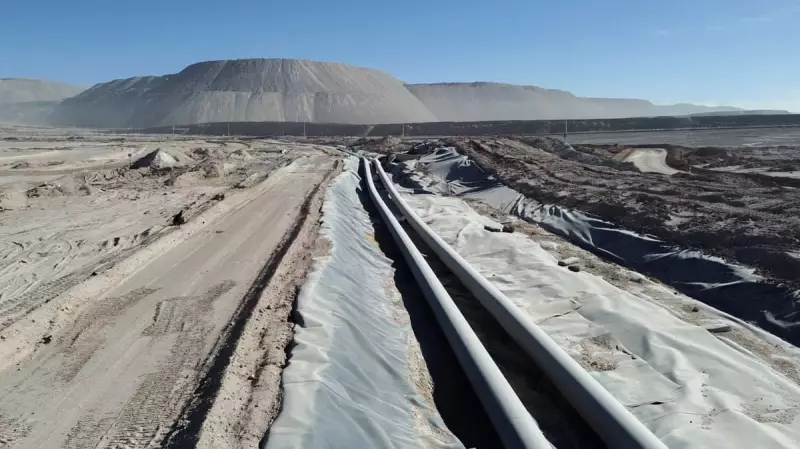
In Chile's arid Atacama Desert, the race to power the global green transition is clashing with an escalating water crisis. Desalination plants, built to support booming lithium and copper mining operations, are drawing criticism for their environmental and social impact.
The Mining Boom's Thirst
Chile holds over half the world's lithium reserves and is the top copper producer. As demand surges for these critical green energy minerals, mining companies have turned to seawater desalination to meet their massive water needs. Over 20 desalination projects are planned or operational along Chile's coast.
Community Backlash
Local communities argue these plants are prioritizing industrial needs over human ones. 'They're taking water from the ocean to give to mines while our taps run dry,' says one resident of Antofagasta, where water rationing has become common.
Environmental Concerns
Environmentalists highlight three key issues:
- High energy consumption of desalination
- Disposal of toxic brine byproduct
- Disruption of marine ecosystems
The brine output from Chile's plants could increase tenfold by 2030, potentially devastating coastal biodiversity.
A Sustainable Solution?
Some experts suggest:
- Strict regulations on brine disposal
- Renewable energy to power plants
- Community water-sharing agreements
As Chile positions itself as a green energy leader, the challenge remains: can it mine responsibly without draining its most precious resource?





